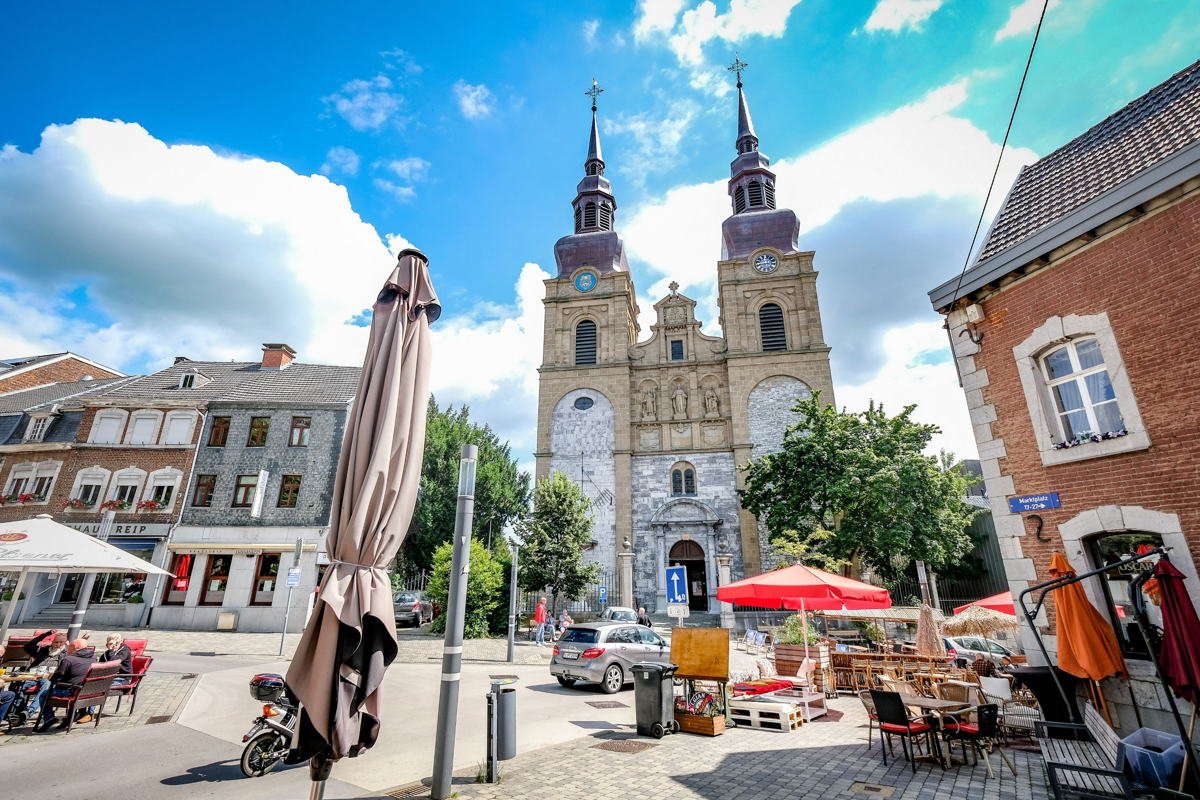Exploring Belgium’s German-Speaking Community
Belgium’s German-speaking Community, often overshadowed in discussions about the nation, has a complex historical background rooted in the late 18th century. Significant changes began in 1794-95 when the region, including Eupen and St Vith, was restructured under French control.
Following the Napoleonic Wars, the Congress of Vienna in 1815 transferred this territory to Prussia, establishing German as the official language. Over the following decades, the region became part of the newly formed German Empire.
The Treaty of Versailles after World War I redefined borders, ceding the area to Belgium, where it became known as New Belgium. In 1926, residents were fully integrated into Belgian citizenship, with all corresponding rights.
Negotiations regarding this territory’s status included discussions to revert it back to Germany; however, France’s objections halted these talks. During World War II, Germany annexed the territory, which notably suffered destruction, particularly St Vith. After the war, Allied forces restored Belgian control.
The integration of the area into Belgium proceeded steadily post-war. By the early 1960s, it was officially designated a German-speaking region as Belgium underwent linguistic divisions. The formal establishment of the German-speaking Community occurred in 1973, which has since gained increased autonomy.
In 2017, local authorities rebranded the region as East Belgium. Today, the German-speaking Community operates its government and parliament from Eupen, possessing significant authority over education, cultural matters, and social welfare, seeking to assert its identity distinct from the predominantly French-speaking Wallonia.
“We do not see ourselves as a subordinate authority of the Walloon Region, we are not Walloons,” stated minister president Oliver Paasch during a visit from Belgian Prime Minister Bart De Wever.
As the community strengthens its governance and identity, there is a growing desire among East Belgians to advocate for their interests and rights, reflecting a nuanced aspect of Belgium’s federal structure, emphasizing the diversity of linguistic and cultural identities throughout the nation, reports 24brussels.










